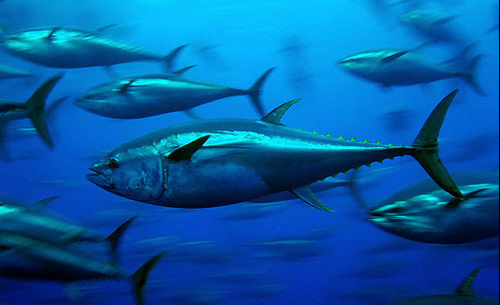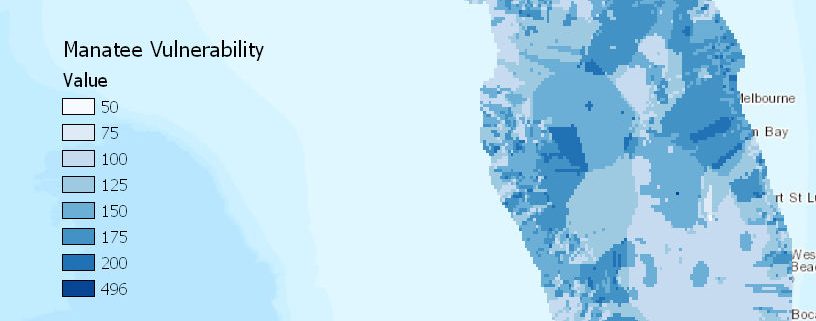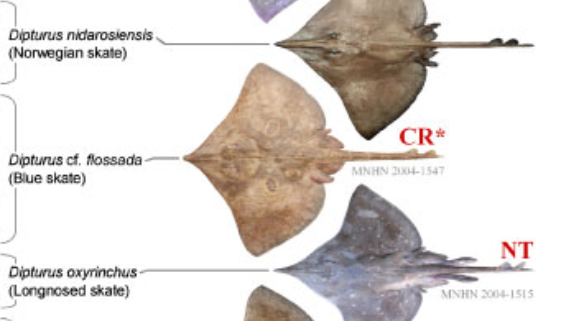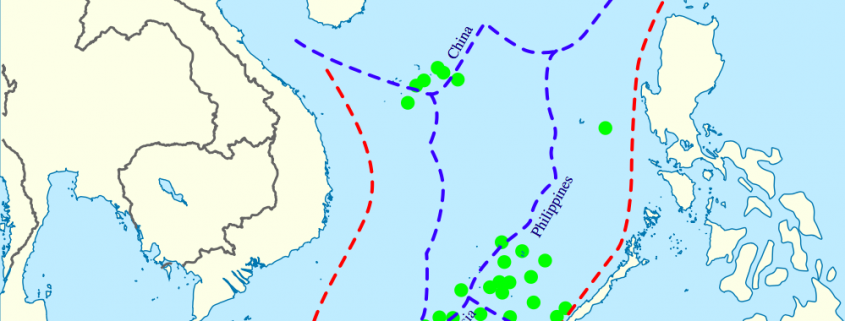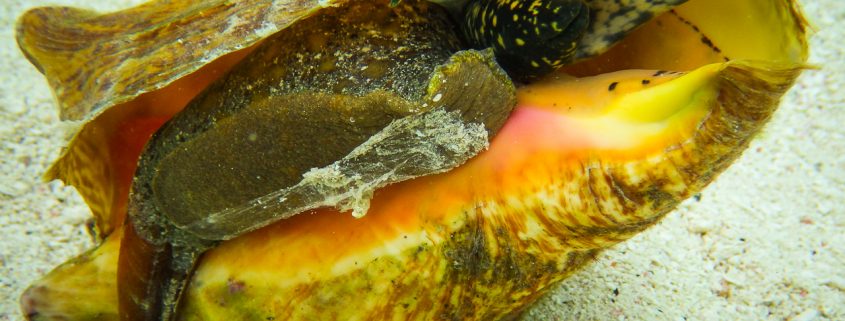Discerning the culture of compliance through recreational fisher’s perceptions of poaching.
By Luisa Gil Diaz, SRC intern In a vast and endless ocean where regulation and enforcement can be difficult, marine protected areas represent oases where vulnerable species can have a reprieve from over fishing and other human activities. Of course, these protected areas are also created for the enjoyment of people too. The ocean can […]
Climate Change as Seen Through Atlantic Bluefin Tuna
By Olivia Schuitema, SRC intern Climate change is the phenomenon in which global temperatures are rising due to an increase in the amount of CO2 in the atmosphere, largely resulting from burning fossil fuels and deforestation. The Earth’s ozone layer acts as a protective “blanket,” trapping warming greenhouse gases, such as CO2, in the Earth’s […]
Historical vulnerability of manatees to boat strikes in Florida
By Haley Kilgour, SRC MPS student Manatees are an iconic species of Florida and for many years they have been one of the main focuses of conservation. Placed on the endangered species list in 1967, manatees have managed to make a comeback from their population containing only a few hundred individuals to over 6,000 (2016 […]
What’s in a name? How common and scientific names affect conservation efforts
By Nicole Suren, SRC intern Conservation efforts often focus on language to rally support for an ecological cause, and the names of what they are rallying support for are an integral part of that language. Both scientific and common names can have huge impacts on the success of conservation efforts, either by influencing the way […]
Peace through Conservation: The South China Sea
By Patricia Albano, SRC intern Spanning an area from Karimata and the Malacca Straits to the Straits of Taiwan, the South China Sea is a marginal sea that is part of the Pacific Ocean and contains 3,500,000 square kilometers of some of the most productive ecosystems on the planet. Bordering this important expanse of water […]
How the complexity of the average marine organism life cycle affects MPA efficiency
By Elana Rusnak, SRC masters student Marine Protected Areas, or MPAs, are the global “National Park System” of the ocean. There are a variety of protection levels, ranging from multi-use zones where certain activities may only be restricted seasonally, to no take-zones where only non-extractive activities are permitted (i.e. SCUBA diving and mooring a boat), […]


